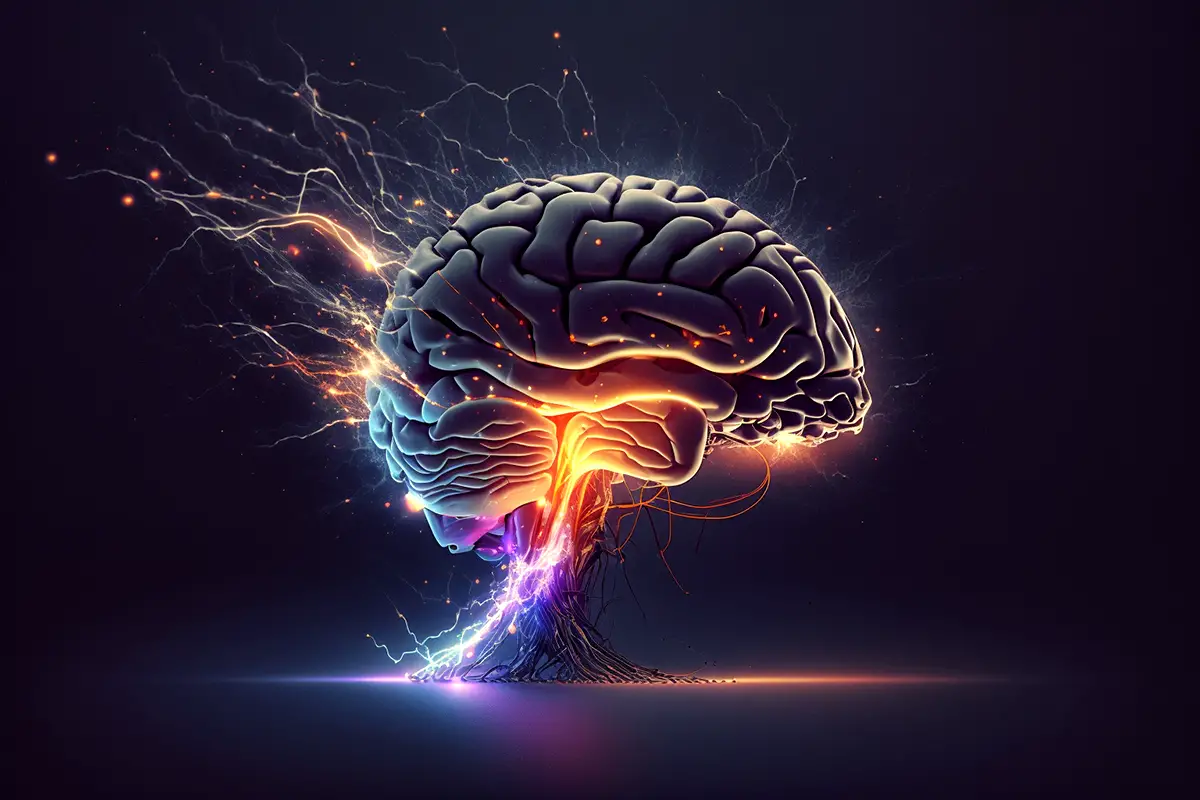The quest to delineate the essence of human existence has preoccupied philosophers, theologians, and scientists across epochs. At the heart of this inquiry lies a pivotal distinction: the mind versus the soul. The Bahá’í teachings offer a rich tapestry of insight into this dichotomy, inviting us to transcend mere intellectual comprehension and instead engage in profound self-examination.
To commence this exploration, one must first grapple with the definitions and implications surrounding the terms “mind” and “soul.” The mind, often seen as the seat of cognition, serves as a sophisticated tapestry woven from thoughts, perceptions, and experiences. It is an intellectual beacon, a compendium of knowledge shaped by the external world. In contrast, the soul is perceived through a spiritual lens, embodying our innermost essence and potentiality. The Bahá’í Faith elucidates that while the mind is instrumental for earthly tasks, the soul is the divine spark that propels our ascension towards a higher plane of existence.
Consider the metaphor of a garden. The mind represents the meticulous gardener, nurturing the soil with knowledge and enriching the landscape with the colorful flora of ideas. Yet, the soul is akin to the seeds themselves, imbued with the inherent capacity for growth and transformation. Just as a gardener’s expertise does not guarantee the flourishing of every seed, the sophistication of the mind does not inherently confer the virtues of love, compassion, and unity that define our humanity.
The Bahá’í teachings emphasize that our true humanity transcends the mere operational functions of the mind. In its essence, humanity is not merely a conglomeration of intellectual prowess but rather a manifestation of the divine attributes inherent within the soul. The emphasis on spiritual development echoes the teachings of ‘Abdu’l-Bahá, who posits that nurturing the soul is paramount in realizing our human potential.
As we delve deeper into this profound discourse, it is illuminating to consider the implications of prioritizing the soul over the mind. When the soul is nurtured, it cultivates virtues such as empathy, altruism, and integrity. These qualities are indispensable in forging strong communal bonds, thereby creating a society rooted in collaboration and understanding. Hence, while the mind may devise plans and strategies, it is the soulful aspects of human nature that inspire action towards the betterment of humanity.
Intriguingly, the harmonization of the mind and soul is not a simple equation. It demands a continual effort to align intellectual pursuits with spiritual ideals. The Bahá’í Faith encapsulates this principle through the concept of the “oneness of humanity,” urging individuals to engage in collective efforts that elevate not only personal understanding but also communal well-being. It beckons us to consider: Is our knowledge being wielded as a sword of division or a bridge of unity?
Furthermore, the Bahá’í teachings advocate for the transformative power of love and service. These spiritual imperatives are crucial in bridging the gap between the mind’s analytical faculties and the soul’s emotive resonance. Love, in this context, is not merely an emotion— it is a powerful force that propels individuals towards selflessness. It is the wind that stirs the stagnant waters of intellectual discourse, leading to waves of profound change. When the mind is steeped in love, knowledge evolves into wisdom, and action becomes imbued with a purpose that transcends self-interest.
Yet, one must acknowledge the contemporary societal milieu that often privileges the mind. In an age dominated by materialism and rationalism, the pursuit of knowledge can take precedence over nurturing the soul. This imbalance has fostered a disconnection, resulting in a populace that may exhibit great intellectual capabilities yet lack the empathy and compassion that are hallmarks of true humanity. Such a dissonance calls for a reevaluation of our priorities. Emphasizing both the intellectual and spiritual facets of our existence can engender a more holistic understanding of what it means to be human.
In summation, the discourse surrounding the mind and soul is not merely an academic exercise; it is a poignant reflection of our collective journey towards understanding our purpose in the cosmos. The Bahá’í teachings advocate for a dual commitment—engaging the mind while simultaneously nurturing the soul. This synergy is vital in recognizing the broader tapestry of human existence, where the interplay of thoughts and spirit harmonizes to create a life of profound significance.
Ultimately, the rich teachings of the Bahá’í Faith illuminate pathways to unravel the complexities of being human. They challenge us to cultivate our minds responsibly while unearthing the depths of our souls. In this quest, we discover that the essence of our humanity lies not in what we know, but in the love we express and the unity we foster. As we journey forth, let us embrace the beautiful paradox that to be truly human is to harmonize the mind and soul in an ever-evolving dance of discovery and compassion.
